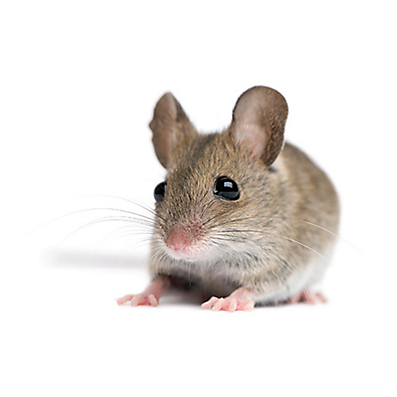
Whats the Longest That Mice Can Live. And just like the breeding output increases if a mouse takes refuge in your home so does the length of their life.

Getting to his house the time of her life immediately increases.
How long can a wild mouse live. While many factors can affect their longevity mice usually live for about 12 to 18 months. The presence of food shelter and predators determines how long mice live. Rodents infesting a home typically survive longer than mice in their natural environment.
In the wild the average lifespan of a mouse tends to be about five or six months. If living in ideal conditions they can live for approximately two years. Ideal conditions for a mouse mean a steady supply of food without intense competition from other rodents or predators as well as a somewhat temperate climate.
Whats the Longest That Mice Can Live. The lifespan of a mouse can be increased significantly if there are ideal conditions such as a somewhat temperate climate and steady food supply without severe competition. Mice can live longer than 2 years in captivity.
Wild-derived mice have lived for as many as 4 years in laboratories. Laboratory mouse strains such as the C57 live for 28 years. But exactly how long do mice live.
The lifespan of a mouse does vary depending on the species. Below are a few lifespan averages for some of the most common mouse species in the Western United States. House mouse Mus musculus 9-12 months.
Deer mice Peromyscus maniculatus 2-14 months. White-footed mouse Peromyscus leucopus 12-24 months. The life expectancy of wild mice is often less than one year.
Mice living in the wild face many more dangers than mice in captivity. Besides being a prey animal for numerous predators they can also be affected by things like harsh weather poisoning or lack of food supply. And of course wild mice cant go to the veterinarian so illnesses and injuries can often be fatal.
One of them is this. Mice can only live 2 to 4 days without consuming at least some food. Mice can only live a few days without food.
Mice get most of. Mice are much more dependent upon food than water. They can only go 2-4 days without food of some sort.
Keep in mind that this does not mean they need to sit down to a full fest. Mice like to nibble. They will likely eat a morsel or two and then maybe take a few for the road and be just fine.
Find more details on what mice like to eat here. Live-Trapping Mice and Rats. After rodent-proofing the building any animals who remain can be live-trapped during mild weather and released nearby.
Live cage or box traps are humane so long as they are checked hourly. Mice and rats can die from stress-induced disorders exposure or dehydration in just a few short hours. Traps should be.
They can on average comfortably and happily live to five years. As already mentioned above in nature the mouse lives negligible. Realizing this it is anthropogenic animal which is strongly attached to man.
Getting to his house the time of her life immediately increases. The winter months are too harsh for successful breeding. And just like the breeding output increases if a mouse takes refuge in your home so does the length of their life.
While the average mouse lifespan is only about 12 months outdoors indoors this number can climb to 2 to 3 years. The house furnished with beds and full kitchen facilities is well maintained but has openings through which mice can pass to and from the outside. For safety and cleanliness we removed mice we found inside the house but between April 1996 and April 1998 we live trapped and released them rather than snap trapping them.
A mouse who lives outdoors in their natural environment can live up to 2 years. However a mouse that is kept as a pet and left in a cage where they are safe from all of their natural predators and have all of the food and water they need for their entire life usually lives up to three to four years. It varies according to the season.
Field mice reproduce quickly. They can have from 2 to 4 litters per year with 4 to 6 babies each time. An adult field mouse will live a maximum of one year the winter being a very difficult period to get through.
This small rodent is usually. How Long Can a Mouse Live Without Food. As with all animals that require food for nourishment and to sustain healthy organs a mouse cannot survive without food but the exact amount of time a mouse can live without food varies per animal due to its metabolism rate and the amount of food last consumed.
A study of food deprivation in mice. Mice gather whatever soft warm materials they can find to build their nests. In the wild they often use dry grass but mice living with humans will chew up paper cloth and plastic to make their nests.
These baby house mice are about 10 days old.